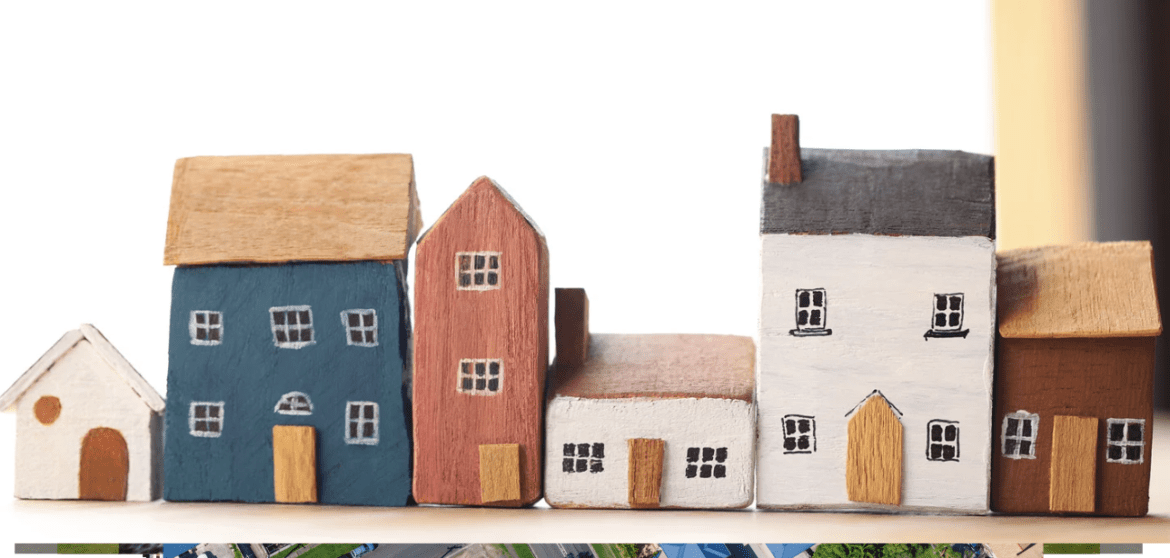The Shift from Offices to Homes: Urban Redevelopment’s New Face
In recent years, the trend of converting outdated office spaces into residential or mixed-use developments has gained significant momentum. This shift stems from various factors, including the changing dynamics of work and living spaces, evolving consumer demands, and the pressing need for sustainable urban solutions. As cities continue to grow and evolve, finding innovative uses for surplus office buildings has become a key component of urban redevelopment strategies, reshaping the character and functionality of urban landscapes.
Understanding the Drivers Behind the Conversion
The motivations behind the conversion of office spaces into residential units are myriad. One major factor is the aftermath of the COVID-19 pandemic, which accelerated remote work trends and led to a reduced demand for traditional office environments. Many businesses recognized that employees could be productive outside a conventional office setting, prompting a re-evaluation of office space needs. As a result, many companies began to reduce their office footprints, leaving behind empty buildings that required new purposes.
The Benefits of Mixed-Use Developments
Transforming outdated offices into mixed-use developments is not just about filling vacant spaces; it also brings numerous benefits to communities. Mixed-use developments combine residential, commercial, and recreational spaces, fostering vibrant neighborhoods that promote a sense of community. They encourage walkability, reduce reliance on cars, and offer diverse amenities within close proximity. This holistic approach aligns with modern urban planning principles, supporting both economic growth and environmental sustainability by enhancing local community dynamics.
The Role of Sustainability in Redevelopment
Another key aspect driving the conversion trend is sustainability. Repurposing existing structures significantly reduces the environmental impact associated with new construction, such as landfill waste and carbon emissions from materials transport. Retrofitting old office buildings can also lead to improved energy efficiency through modern upgrades, making them more environmentally friendly and reducing long-term operational costs for residents and businesses alike. By prioritizing sustainability, urban planners and developers contribute to building more resilient cities that are better equipped for the future.
Challenges in Office-to-Residential Conversions
While the conversion of office spaces presents numerous opportunities, it is not without its challenges. Issues such as zoning regulations, building codes, and the high costs associated with renovation can complicate these projects. In some cases, older office buildings might require extensive reconfiguring to meet residential standards, which can lead to increased expenses and prolonged timelines. Furthermore, there is the challenge of addressing the needs and preferences of potential residents, ensuring that these new developments align with community expectations and local market demands.
Case Studies of Successful Conversions
Numerous cities worldwide are witnessing successful office-to-residential conversions, serving as case studies for future projects. For instance, in cities like New York and San Francisco, several vacant office buildings have been transformed into stylish apartments and mixed-use spaces that offer residents convenient access to transportation, dining, and entertainment options. These successful projects often highlight innovative designs that maintain the character of the original buildings while incorporating modern features, indicating that thoughtful redevelopment can lead to positive urban transformations.
Looking Forward: The Future of Urban Redevelopment
The trend of converting outdated office spaces into residential or mixed-use developments is likely to continue as urban areas adapt to the evolving landscape of work and living. As cities grapple with population growth and the pressing need for affordable housing, this approach not only addresses surplus commercial real estate but also breathes new life into urban environments. With increasing interest in sustainable development and community-centric designs, the future of urban redevelopment promises more innovative solutions to complex urban challenges.
Conclusion
In conclusion, the conversion of outdated office spaces into residential and mixed-use developments signifies a crucial shift in urban planning and development strategies. It reflects changing societal trends, addresses housing shortages, and holds the potential for sustainable urban growth. As cities navigate the challenges and opportunities of this transformation, collaboration among stakeholders—developers, local governments, and residents—will be essential to ensuring that these projects meet community needs while revitalizing urban landscapes.
FAQs
What are mixed-use developments?
Mixed-use developments are buildings or complexes that combine residential, commercial, and sometimes recreational spaces, fostering a vibrant community environment.
What challenges are faced during the conversion of office spaces?
Challenges can include zoning and building code restrictions, high renovation costs, and the need to meet contemporary residential standards while retaining original building features.
How does converting office spaces contribute to sustainability?
Converting office buildings reduces the waste and carbon emissions associated with new construction, while also enabling upgrades that improve energy efficiency.
Can you provide examples of successful conversions?
Yes, cities like New York and San Francisco have successfully transformed aging office buildings into modern apartments and mixed-use developments, revitalizing neighborhoods and creating desirable living spaces.
Is this trend expected to continue in the future?
Yes, as urban areas face challenges such as population growth and housing shortages, the conversion of office spaces into residential units is anticipated to remain a key trend in urban redevelopment.

